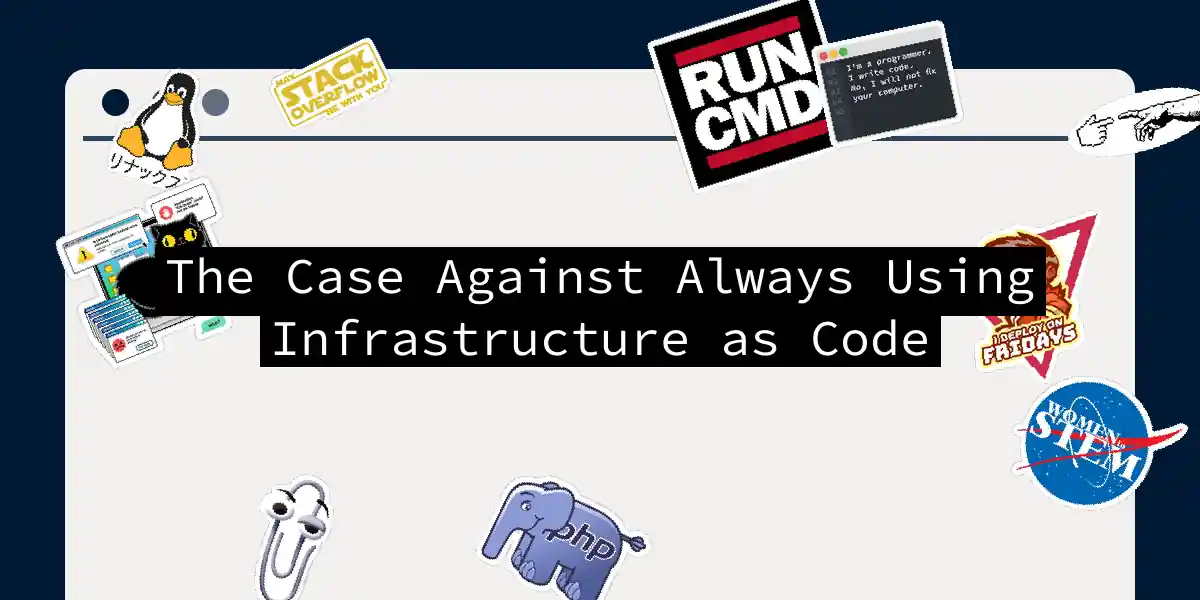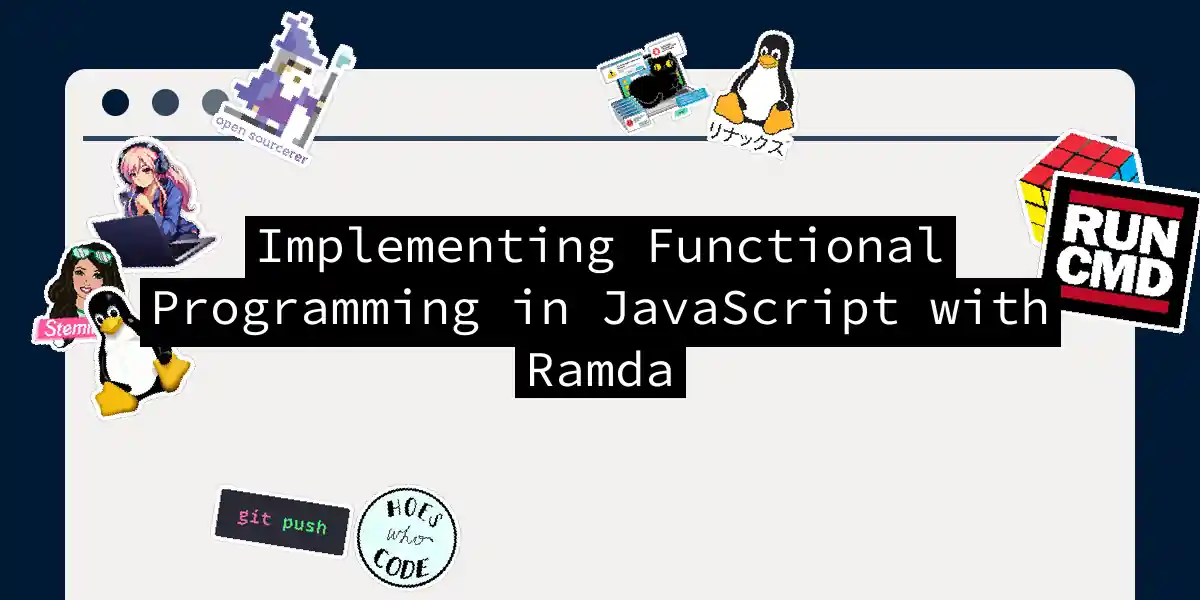
The AI Patent Claim Flood: Navigating the Software Industry's New Reality
Introduction to AI-Generated Patent Claims In the software industry, innovation is the lifeblood that keeps companies ahead of the curve. However, with the advent of AI-generated patent claims, the landscape is changing rapidly. AI tools can now analyze vast amounts of data, identify patterns, and draft patent claims faster and more accurately than ever before[1]. This shift raises both opportunities and challenges, as the sheer volume of AI-generated claims could flood the patent system, impacting how software companies protect their intellectual property....



